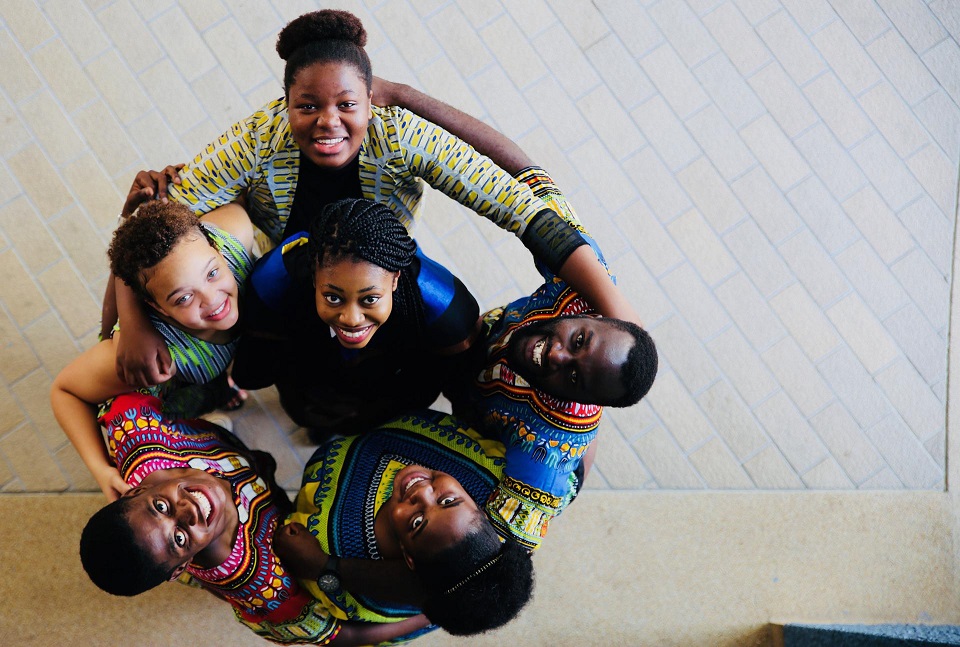Taken on its own, the term ‘multicultural society’ has no practical use. It is a non-criticisable and non-falsifiable chameleon that changes its colour with its environment. That is, unless it is made predictable, at least for the purposes of testing.
 Nigel Pocock
Nigel Pocock
We might, for example, wish to predict that given certain educational programmes, that most students from the least conducive backgrounds (aggressive theocracies and political religions that legitimise violence as a means of achieving their goals) will move towards a more tolerant and problem-solving outlook. This is testable and falsifiable.
“Tolerance” here does not mean a non-testable relativism of truth, but a recognition that people really differ on substantive and testable truth-claims. While ultimate metaphysical claims may not be testable (such as the existence of God) the fruits of certain beliefs on people can be. Do certain beliefs lead to greater longevity, health, better marriage (for both men and women), within specific communities, and so on? How are intolerant belief systems related to these outcomes? These are empirically testable.
Thus truth is never absolute, but people grow in their understanding. This indeed, is also part of what needs to be understood in order to constitute a multicultural society.
As Ian Jarvie has suggested, what we essentially have is a ‘weak absolute’ which can be tested; it is part of the truth, but not the whole of it. This is what facilitates scientific research.
Does this mean that the foundational stories of the great world religions and ‘political religions’ are of no value as regards the discovery of empirical and scientific testing of truth-claims?
Quite the reverse. Both Christianity and classical Greek science proved to be catalysts to new exploration, even if they blocked the way (sometimes quite seriously) to a truer understanding of physical reality.
 This is the paradox of cognitive dissonance. As long as the desire to justify a particular system prevails (‘justificationism’ or verification) and disconfirming instances are ignored, then progress cannot be made.
This is the paradox of cognitive dissonance. As long as the desire to justify a particular system prevails (‘justificationism’ or verification) and disconfirming instances are ignored, then progress cannot be made.
Aristotle’s (for example) credit stood so high, that even though other Greek thinkers had argued for a solar-centric system, Aristotle’s geo-centric notions prevailed.
Thus all kinds of highly novel ideas arising from Greek love of geometry regarding uniform speeds and perfect circular orbits of the planets involving interlocking systems of spheres were hypothesised to account for the movements of the heavenly bodies. A completely consistent mathematical system, but wholly mistaken, leading to two thousand years of errant thinking.
Although the Roman Catholic Church has come in for a rough ride over the question of Galileo, it has to be pointed out that this is itself a product of modern prejudices and blinkeredness.
For the Catholic Church realised its mistake in prosecuting Galileo, and no other astronomers were prosecuted in this way again. It may be that both secularists and theocrats can learn from their mistakes, but one is not optimistic.
 What I am arguing for, therefore, is an educational programme that encourages testability.
What I am arguing for, therefore, is an educational programme that encourages testability.
Mysticism of any kind is not an answer, as it blocks any attempts at falsification and new understandings.
A multicultural society must be open to testing truth-claims, and both liberals and conservatives who hide behind untestable systems of belief must be brought out into the light.
(Photos Pixabay)












.jpg)












